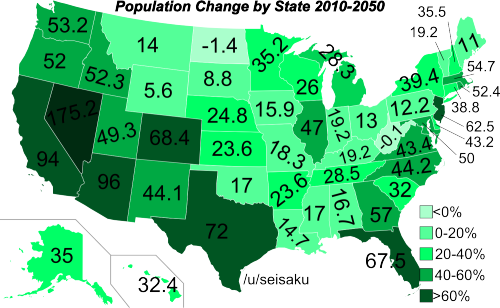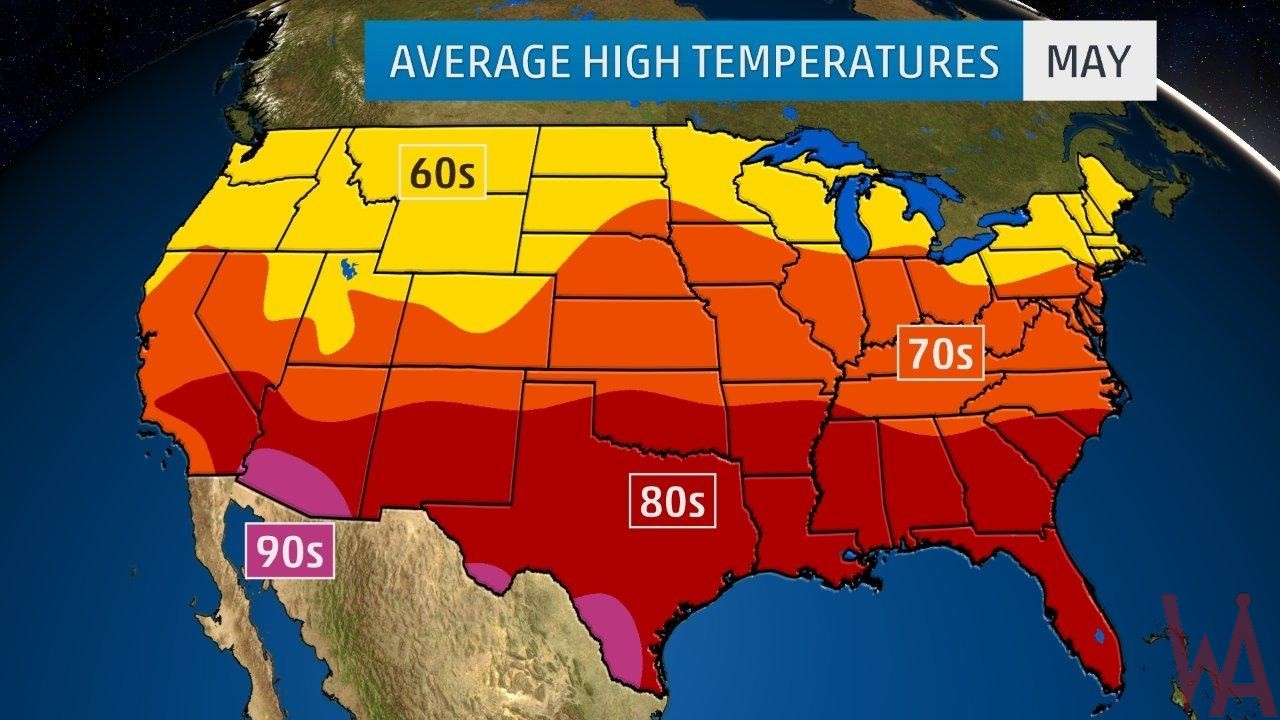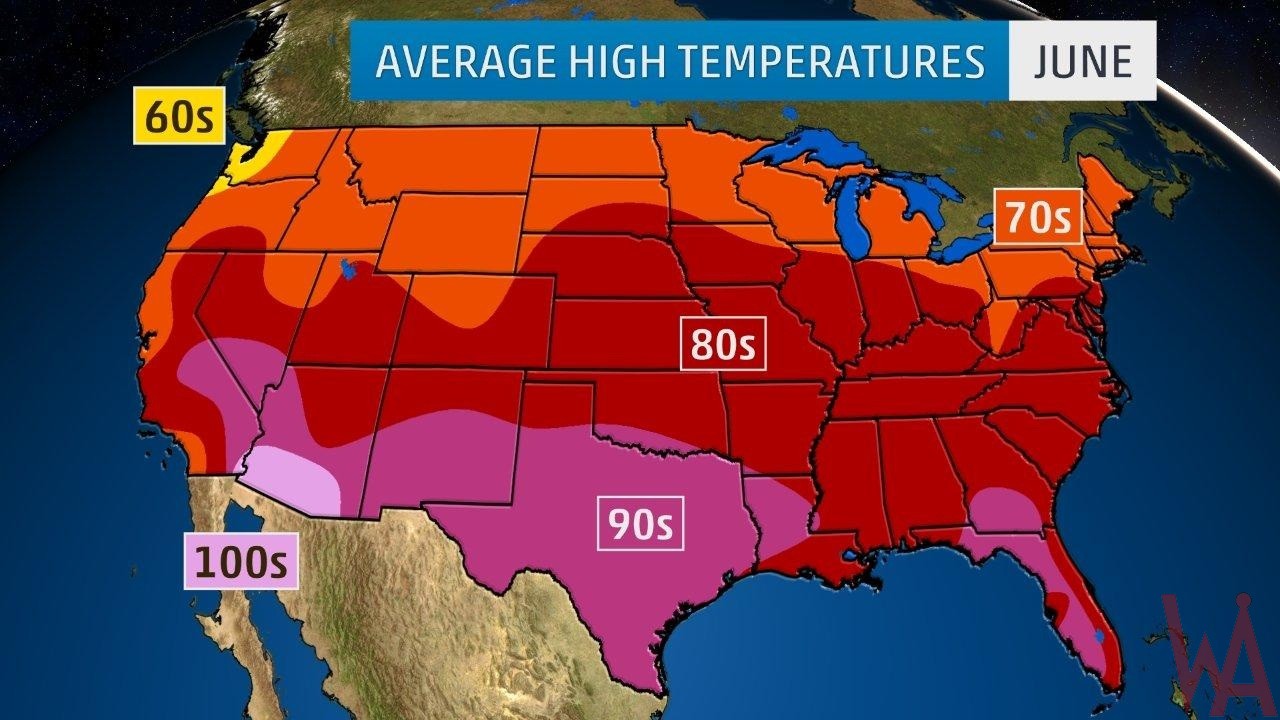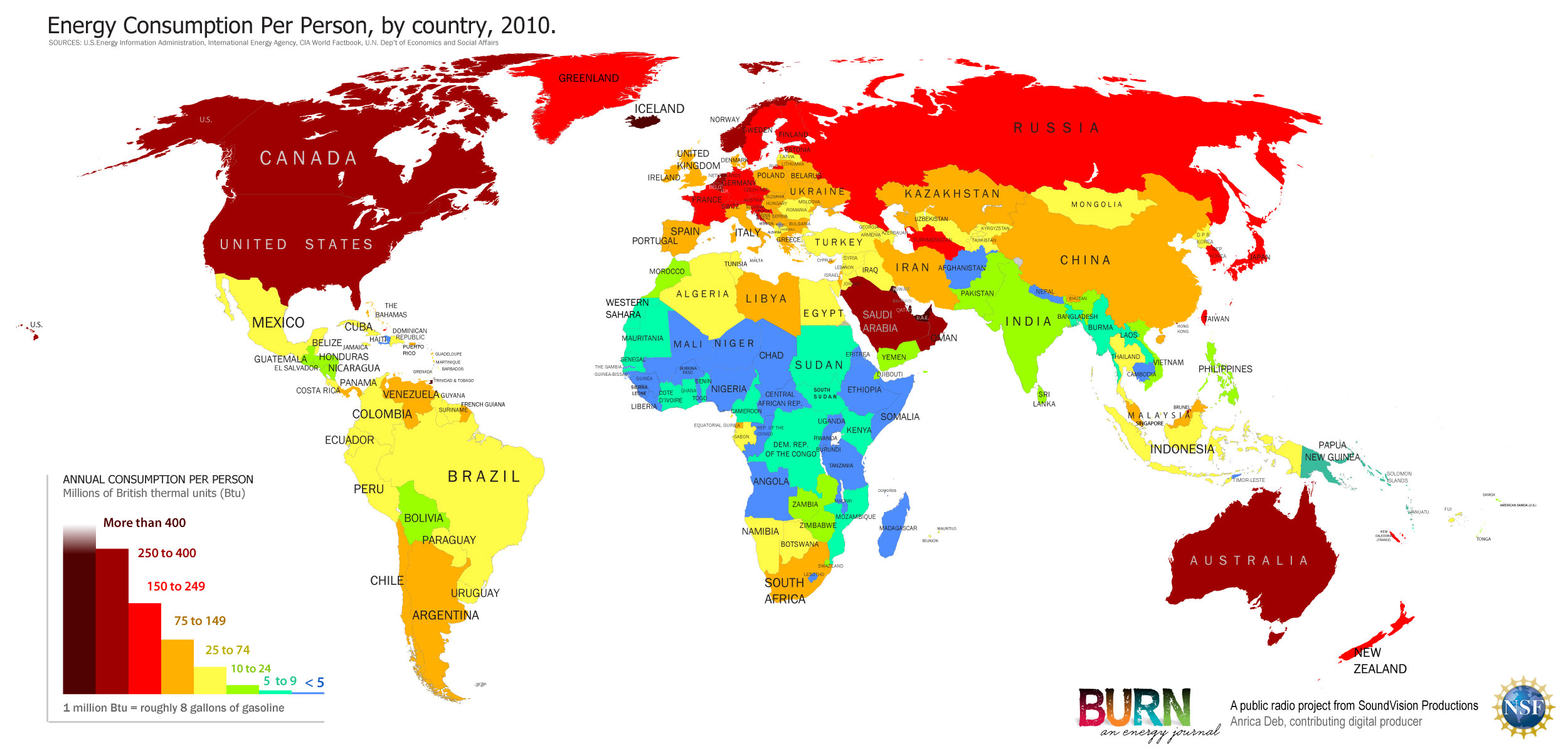[email protected]
Regular Member
- Messages
- 363
- Reaction score
- 84
- Points
- 0
- Location
- San Diego, California
- Ethnic group
- English/German
- Y-DNA haplogroup
- G2a-Z726
- mtDNA haplogroup
- K1a4a1h
It really depends on where you live in San Diego. La Jolla, Mission Valley, Eastern SD? I bet you if you lived-in the dessert part of the Metro area you will need air-conditioning. Same with the San Fran area: San Fran proper vs Oakland Hills vs Livermore. Lots of microclimates.
bigsnake, you're not wrong.
The beaches here are always cool, but who can afford to live there?
On the other hand, El Cajon and Santee are furnaces, which is why I don't live there.
I live in-between, in the foothills. It does get hot here in the late summer, August-September. Then it can, on some days, get to 100 degrees F, though it's rarely humid. But, if you manage the sun with deep eaves, patio covers, and shutters, and keep windows and doors open for the breeze, it's nice enough for nothing more than a fan.
To the other discussions above, while I wouldn't consider living in Texas or Florida without air conditioning, I think many Americans could do with a lot less a/c (i.e. my neighbors here).










